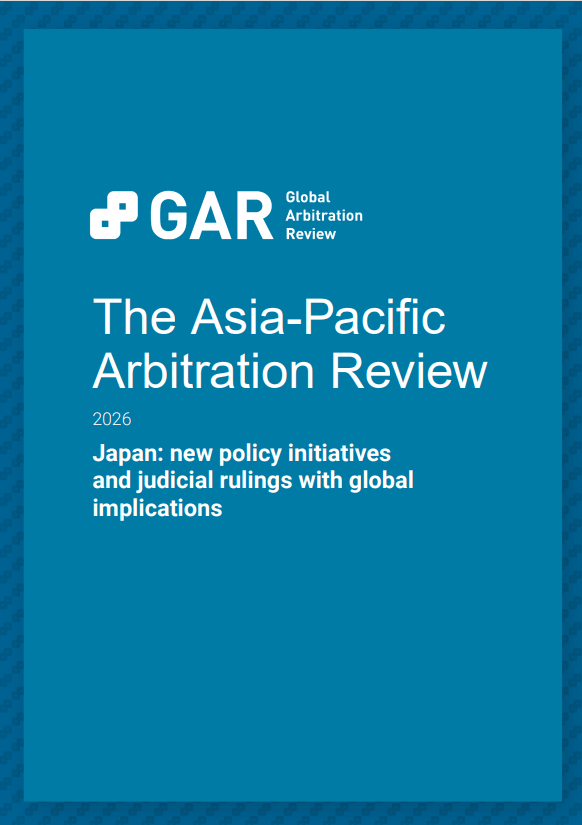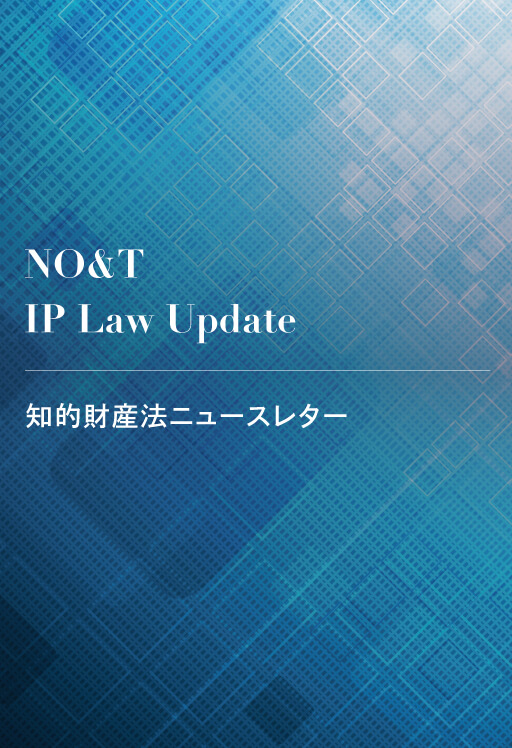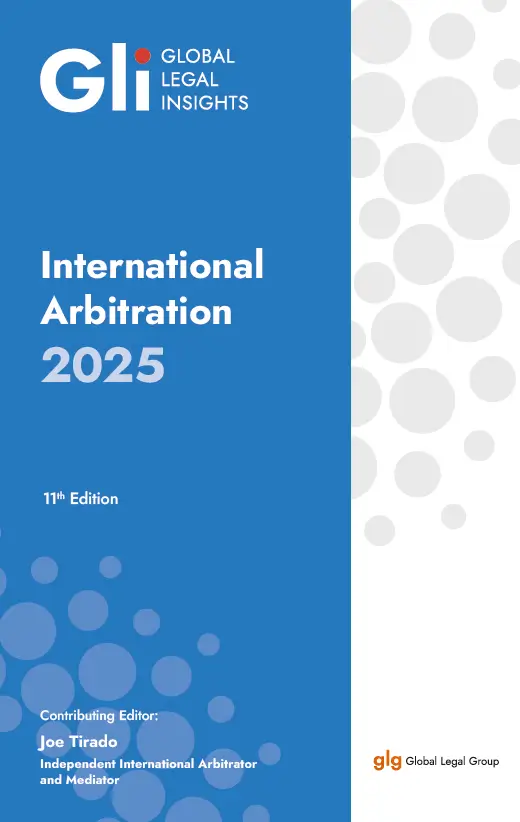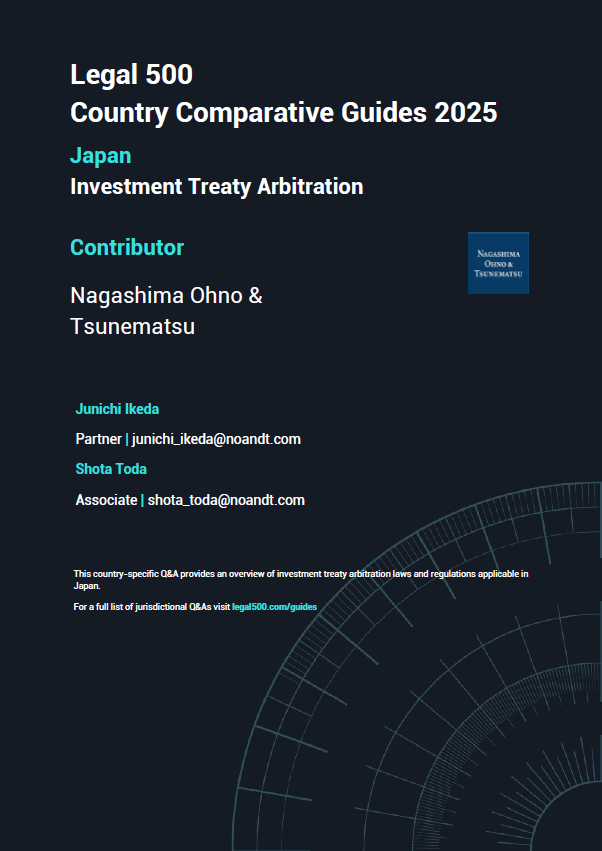
NO&T Dispute Resolution Update
NO&T Asia Legal Review
In The Republic of India v Deutsche Telekom AG [2024] 1 SLR 56, the Singapore Court of Appeal (the “SGCA”) dismissed a party’s attempt to re-litigate issues previously determined by the court of the seat of the arbitration (the “seat court”). In this regard, the SGCA held that the doctrine of “transnational issue estoppel”, which is well-established in the context of foreign judgments, likewise applies in international commercial arbitration.
This decision promotes finality and certainty in international arbitration in preventing an award debtor from derailing enforcement proceedings by re-litigating the same issues in each jurisdiction in which the award is sought to be enforced.
This decision concerns an award issued by a tribunal against the appellant, the Republic of India, in a Switzerland-seated arbitration.
The respondent, Deutsche Telekom, a German company, commenced arbitration against India in 2013 pursuant to a bilateral investment treaty between Germany and India, alleging that India had wrongfully terminated a satellite leasing agreement between an Indian state-owned entity and a company of which Deutsche Telekom was a shareholder. Following the tribunal’s issuance of an interim award in favour of Deutsche Telekom on 13 December 2017, India made an unsuccessful application to the Swiss court (i.e., the seat court) to set aside the award. Subsequently on 27 May 2020, Deutsche Telekom obtained a final award of USD 93.3 million.
Subsequently when Deutsche Telekom proceeded to enforce the final award in Singapore, India applied to resist enforcement on the same grounds that had been rejected by the Swiss court.
In the first instance judgment, the Singapore International Commercial Court dismissed India’s application to resist enforcement on the premise that the Swiss seat court’s judgment had a res judicata effect precluding India from resisting enforcement in subsequent proceedings on the same grounds that were raised before the Swiss court. India then appealed to the SGCA.
The SGCA dismissed the appeal on the grounds of transnational issue estoppel.
The SGCA reiterated the requirements for transnational issue estoppel:
The SGCA held that besides foreign judgments, the doctrine of transnational issue estoppel is also applicable to a seat court’s decision regarding the validity of an arbitral award. Transnational issue estoppel respects the parties’ choice of arbitral seat in a principled manner. By making that choice, the parties have chosen a jurisdiction that will have primacy in relation to many matters concerning the arbitration. In line with that, the enforcement court should ordinarily give effect to the prior decision of the seat court.
The SGCA added that transnational issue estoppel also alleviates the problem of inconsistent judicial outcomes between the enforcement and the seat courts, and limits the extent to which matters determined by a competent seat court can be re-litigated, thus reducing the wastage of time and resources.
In the present case, the SGCA found that the test for transnational issue estoppel was satisfied, and none of the exceptions applied. India was therefore precluded from bringing the same jurisdictional objections before the Singapore courts.
This case is a welcome decision for award creditors looking to enforce an award in Singapore as award debtors cannot frustrate or delay enforcement proceedings by re-litigating issues that have already been determined by the seat court, unless the limited exceptions apply.
Additionally, under this new precedent, it appears that whichever jurisdiction that first determines any challenge to an award would generally be the final arbiter on the issue. Accordingly, an award debtor seeking to challenge an award should therefore weigh the strategic and legal merits of doing so by way of a setting aside application in the seat jurisdiction, against that of waiting to resist enforcement before an enforcement court, before making a considered decision to take either course.
This newsletter is given as general information for reference purposes only and therefore does not constitute our firm’s legal advice. Any opinion stated in this newsletter is a personal view of the author(s) and not our firm’s official view. For any specific matter or legal issue, please do not rely on this newsletter but make sure to consult a legal adviser. We would be delighted to answer your questions, if any.


(May 2025)
Yoshimi Ohara, Shota Toda, Annia Hsu (Co-author)


Patricia O. Ko


Hiroki Tajima


Kenji Tosaki, Takahito Hirayama (Co-author)


(May 2025)
Yoshimi Ohara, Shota Toda, Annia Hsu (Co-author)


(April 2025)
Kaori Sugimoto, Shota Toda, Kennosuke Muro (Co-author)


Kara Quek, Kennosuke Muro (Co-author)


(March 2025)
Junichi Ikeda, Shota Toda (Co-author)


Patricia O. Ko


Ngoc Hoang


Yuan Yao Lee


Chattong Sunthorn-opas, Thunsinee Sungmongkol (Co-author)


Patricia O. Ko


Ngoc Hoang


Yuan Yao Lee


Chattong Sunthorn-opas, Thunsinee Sungmongkol (Co-author)


Kara Quek, Kennosuke Muro (Co-author)


Annia Hsu, Kennosuke Muro (Co-author)


Claire Chong, Kennosuke Muro (Co-author)


Bertrice Hsu, Yuji Ibaraki (Co-author)